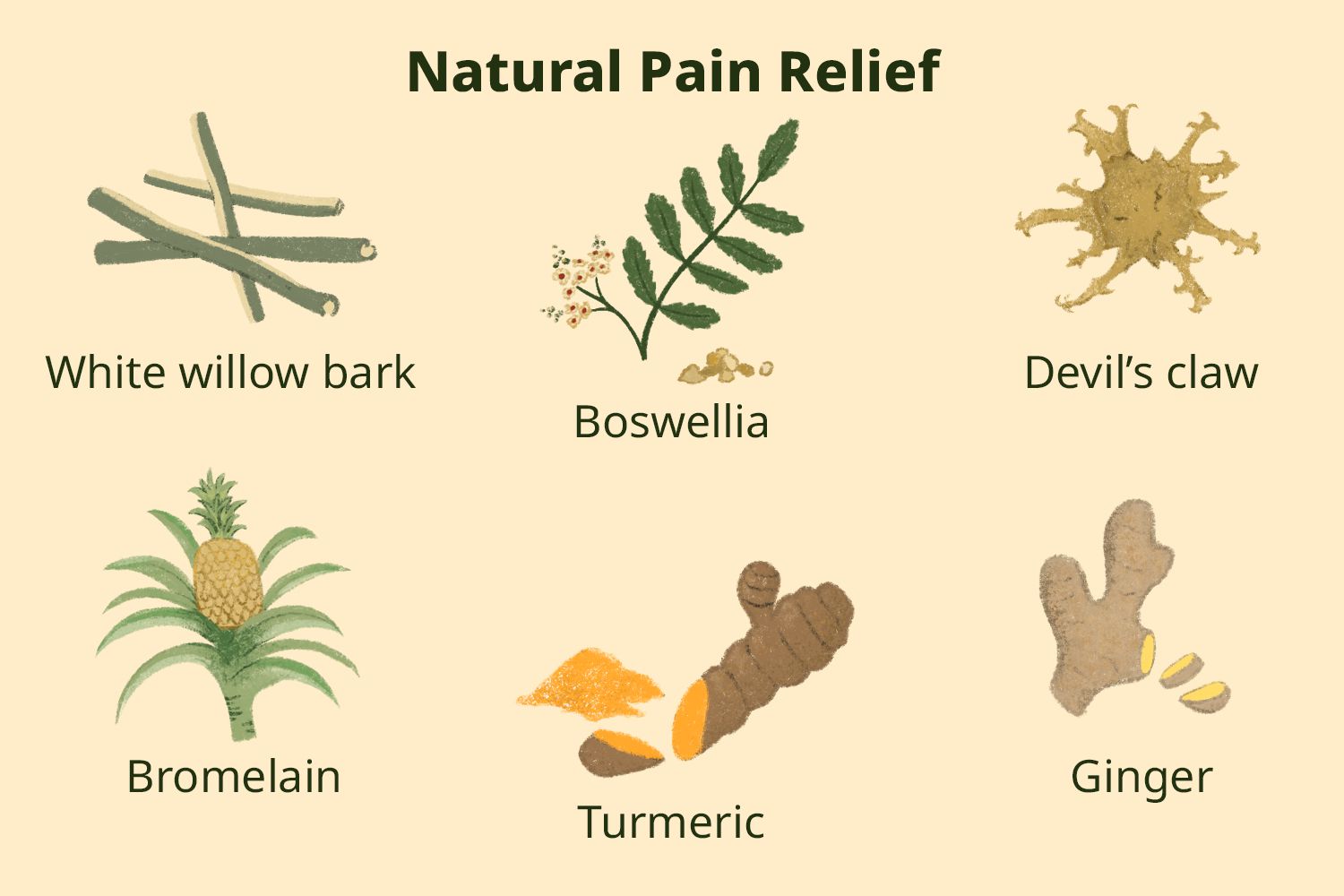
Chronic pain is a debilitating condition that affects millions of people worldwide. Conventional treatments, such as opioids, often come with serious side effects and risks of addiction. Fortunately, there are natural remedies that can help alleviate chronic pain without the need for pharmaceuticals. In this article, we’ll explore some of the most effective natural remedies for chronic pain management.
1. Acupuncture
Acupuncture is an ancient Chinese practice that involves inserting thin needles into specific points on the body to stimulate healing and balance. Studies have shown that acupuncture can be an effective treatment for chronic pain, particularly in patients with back and neck pain.
To try acupuncture, find a licensed practitioner in your area and schedule a series of sessions. During the sessions, you’ll lie down or sit comfortably while the practitioner inserts the needles into specific points on your body. You may feel a slight pinch or discomfort when the needle is inserted, but most people find the sensation to be mild and relaxing.
2. Meditation and Mindfulness
Meditation and mindfulness practices have been shown to reduce chronic pain by increasing the brain’s production of natural painkillers and reducing stress. You can try guided meditation apps like Headspace or Calm, or practice mindfulness exercises like deep breathing, progressive muscle relaxation, and yoga.
To get started with meditation, find a quiet and comfortable space to sit or lie down. Close your eyes and focus on your breath, feeling the sensation of the air moving in and out of your body. When your mind wanders, gently bring it back to your breath without judgment.
3. Turmeric and Ginger
Turmeric and ginger are two natural anti-inflammatory herbs that have been used for centuries to alleviate pain and inflammation. You can add turmeric to your meals or drinks, or take supplements in capsule or powder form. Ginger can be consumed as tea, taken in supplement form, or added to meals.
To make a turmeric latte, combine 1 teaspoon of turmeric powder with 1 cup of hot water and 1 tablespoon of honey. Stir well and enjoy as a warm beverage. For ginger tea, steep 1-inch piece of fresh ginger in boiling water for 5-7 minutes, then strain and enjoy.
4. Heat and Cold Therapy
Heat and cold therapy can be used to reduce pain and inflammation by increasing blood flow to the affected area. You can try applying heat with a warm compress, heating pad, or warm bath, or use cold therapy with an ice pack or cold compress.
For example, apply a warm compress to your lower back for 15-20 minutes to relieve tension and stiffness. Alternatively, wrap an ice pack in a towel and apply it to your forehead or neck to reduce tension headaches.
5. Magnesium and Omega-3 Fatty Acids
Magnesium and omega-3 fatty acids are essential nutrients that can help reduce chronic pain by relaxing muscles, reducing inflammation, and promoting healthy joints. You can take magnesium supplements orally or apply topical creams containing magnesium to affected areas.
Omega-3 fatty acids can be found in fatty fish like salmon, flaxseeds, chia seeds, and walnuts. You can also take fish oil supplements after consulting with your doctor.
Conclusion
Chronic pain is a complex condition that requires a comprehensive approach to management. While conventional treatments like opioids may offer temporary relief, they often come with serious side effects and risks of addiction. Natural remedies like acupuncture, meditation, turmeric, ginger, heat and cold therapy, magnesium, and omega-3 fatty acids offer effective alternatives for chronic pain management without the risks associated with pharmaceuticals.
Remember to consult with your healthcare provider before starting any new treatments or supplements, especially if you’re currently taking medications or have underlying medical conditions. With patience, persistence, and the right combination of natural remedies, you can find relief from chronic pain and improve your overall quality of life.
This article provides a general overview of natural remedies for chronic pain management. It’s essential to consult with a healthcare professional before starting any new treatments or supplements to ensure they’re safe and effective for your specific condition.





